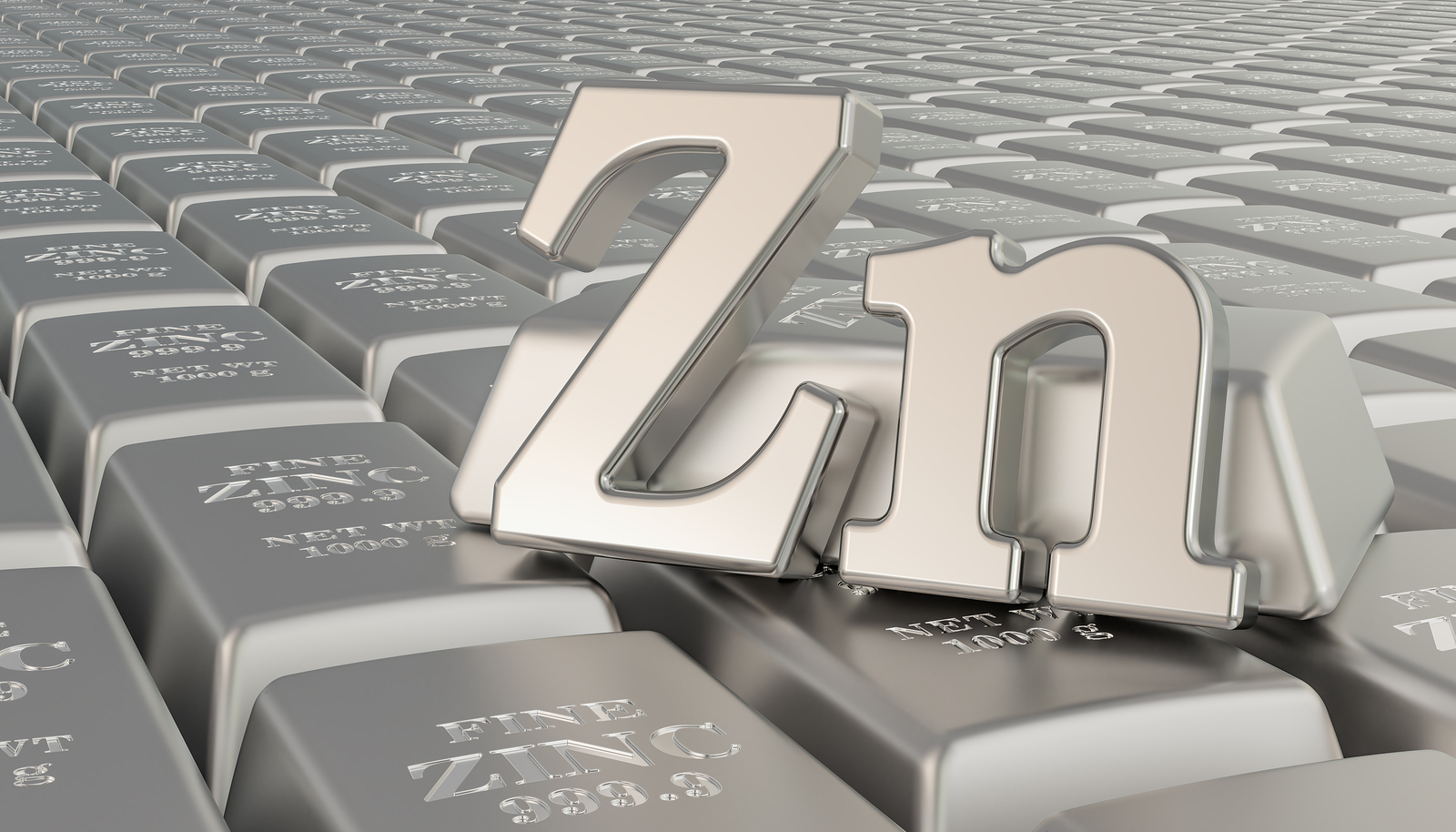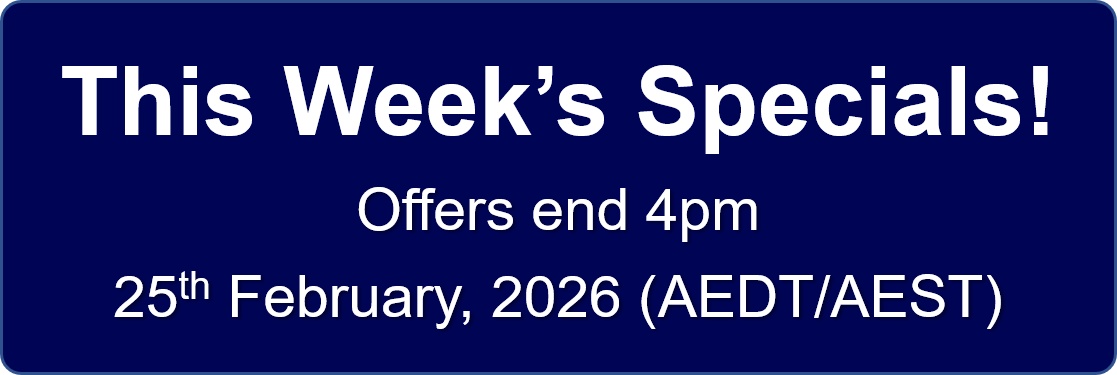Know Your Remedies: Zincum Metallicum (Zinc.)
 Common Names: Zinc; Zn.
Common Names: Zinc; Zn.
Remedy Source
Zincum Metallicum (Zinc.) is than name of the homeopathic remedy prepared from the metal, zinc.
What Is Zincum Metallicum (Zinc.) Used For?
Zincum metallicum (Zinc.) is a remedy for overstimulated nervous systems. Pronounced restlessness may be followed by weakness, brain fag, and depression, especially in later stages. The person will be sensitive to noises and people talking. Symptoms are worsened by hunger, wine, loss of sleep, or suppressed skin eruptions and secretions such as menstrual flow, expectoration, urination, stool, perspiration, etc. Symptoms improve with the free flow of these discharges, and with eating.
Mental-Emotional
- Brain fog. Mental exhaustion.
- Yielding – give way to others easily.
- Scattered thoughts and ideas.
- Sensitive to noises and voices.
- Complaining and dissatisfied.
Head
- Headache above root of nose.
Eye and Vision
- Visual disturbances – flashes or sparkles of light (scintillations).
Respiratory
- Breathlessness relieved by expectoration.
Gastrointestinal
- Empty, hungry feeling in stomach at 11am.
- Indigestion after eating.
Musculoskeletal
- Restless legs.
- Tics, twitches, jerks, chorea (involuntary movements).
Female
- Symptoms worsen before the menstrual period.
- Symptoms relieved during the period.
Sleep
- Sleeplessness from restlessness or jerking, especially of the legs or feet.
Where Do I Find Zincum Metallicum (Zinc.)?
Zincum Metallicum (Zinc.) is available from our online store as a single remedy in either pills or liquid.
Home Treatment Guidelines
Acute, Self-Limiting Conditions
Conditions like colds or minor injuries, which are short-term and typically improve on their own, can be managed at home with homeopathy. However, in emergencies or if symptoms worsen, contact your healthcare provider.
Chronic Conditions
These home treatment instructions do not apply for ongoing issues, whether mentioned above or not, like persistent allergies or chronic pain. You should consult a qualified homeopath for a personalized treatment plan to achieve the best results with homeopathy for chronic conditions.
How to Take the Remedy for Acute Conditions
- Take one pill or five drops of the remedy. The frequency depends on symptom severity. As examples:
- For life-threatening symptoms, take every 1 minute and seek emergency help immediately.
- For mild symptoms, take every 4 hours.
- Stop taking the remedy once you feel better. Resume if symptoms return.
- If no improvement after four doses, choose a different remedy or consult a professional homeopath.
- For more details on dosing, refer to: How Often to Dose with a 30C Homeopathic remedy.
- For information on the different potencies, read: Guidelines on which potency to use
Additional Notes From Past Masters
Homeopathy is a 200-year-old system of medicine. Early homeopaths recorded detailed notes on how remedies worked, including initial tests, remedy relationships, and their experiences. These writings were shared to improve homeopathic practice and now offer fascinating insights into past uses of homeopathy. Here’s an example, edited and modernised for clarity, from Leaders In Homoeopathic Therapeutics (1898) by E. B. NASH M.D.:
Leaders In Homoeopathic Therapeutics by E. B. NASH M.D.
Zincum Metallicum (Zinc.) – Keynotes
- Inability to develop or hold out the rash in eruptive diseases, can’t expectorate or menstruate, is better if can.
- Cannot take stimulants, as they aggravate in general.
- Fidgety feet, must move them constantly.
- Twitching of single muscles all over the body.
- Violent trembling all over, so as to shake the bed; lost nerve control.
- Weakness and weariness in nape of the neck; worsened by holding head long in one position; backache worsened by sitting.
- Modalities: worse with from wine; > by restoration or development of eruptions, during menses, restored expectoration, seminal emission, discharges generally.
- Defective vitality, brain and nerve power wanting; to comprehend, to memorize.
- Child cries out during sleep; rolls the head from side to side; face alternately pale and red.
Zincum Metallicum (Zinc.) – General Notes
This metal seems to act principally upon the nervous system. I think it is Burt who says: “What Iron is to the blood, Zinc is to the nerves.” If we examine the provings and clinical records of Zinc, we find that it seems to have the power to arouse or strengthen the nervous system in its inability to supply force to carry on functions necessary to health or the elimination of disease products from the system. This is speculation. What are the facts? 1st. If scarlatina or other eruptive diseases do not properly develop the eruption, on account of too great weakness of the patient, as evidenced by general depression of pulse, temperature, etc. Zinc is very useful. Other remedies have such or similar trouble, Cuprum, for instance; but in Cuprum the eruption has been suppressed by some outward cause. Zinc, it has never come to the surface, or it has been out, and has receded from lack of vitality or strength to hold it there. Sulphur may be the remedy, but the cause is then more often apt to be traceable to psora. This weakness shows in other ways, as, for instance, in asthma. The patient can’t expectorate, but as soon as he can he is relieved; or again she cannot menstruate, and is relieved of her suffering while menstruating. (Lachesis). There is another peculiarity connected with this characteristic. The nervous weakness of the Zincum patient is that he can take no wine or stimulants. You would think that a little wine would at least temporarily relieve; on the contrary, it aggravates all the sufferings, even though taken in small quantities. Of course other remedies have this aggravation from wines or stimulants, like Glonoine, Ledum, Fluoric acid, Antimonium crudum, etc., but I think Zinc stands first. The nervous debility of Zinc shows in other ways also. There is sometimes aching and weariness in the nape of the neck, as it had been held in one position too long, < by writing or other long continued labor. The backaches are worse while sitting and better when moving about. This would call to mind Rhus toxicodendron, but with Zincum you would not get the general aching relieved by continued motion, as in the case with Rhus. Pulsatilla has it also, but generally in connection with menstrual irregularities. The remedy most resembling Zinc in this particular is Cobalt. Both these remedies have this symptom in consequence of sexual excesses or weaknesses, but in Zinc an emission temporarily relieves the pain and in Cobalt it does not. The most characteristic of all the symptoms of Zinc in connection with its general nervous weakness, is: “An incessant, violent fidgety feeling in the feet or lower limbs; must move them constantly.” This is present in many, if not almost all, of the affections for which Zinc is par excellence the remedy. There is also sometimes present “burning along the whole length of the spine.” This burning is purely subjective, for there is no actual local increase of temperature. Another characteristic of this remedy is, “twitching and jerking of various muscles.” I spoke of this symptom when writing upon Ignatia. I would place Zincum, Ignatia and Agaricus in the van of all remedies for causing and curing these general twitchings. Another symptom for which this is one of our best remedies is, general trembling. This is also from prostration. The patient loses control over his motions, although he is not yet paralyzed. Paralysis may come later if this condition is not remedied. A word or two about the importance of this remedy in brain troubles. It makes little difference whether the affection of the brain arises from suppressed eruptive diseases, dentition, typhus fever or disease of any other name or nature, if the symptoms indicating the remedy are present. Allow me to relate a case from my own practice illustrating its curative value in typhoid. A young lady about 20 years of age complained, a week before I was called, of weakness, or feeling of general prostration; headache, and loss of appetite, but the greatest complaint was of prostration. She was a student and her mother, who was an excellent nurse, attributed all her sickness to overwork at school, and tried to rest and “nurse her up.” But she continued to grow worse. I prescribed for her Gelsemium and followed it with Bryonia according to indications, and she ran through a mild course of two weeks longer, and seemed convalescing quite satisfactorily. Being left in a room alone, while sleeping and perspiring, she threw off her clothes, caught cold and relapsed. Of course the “last state of that patient was worse than the first.” The bowels became enormously distended profuse haemorrhage occurred, which was finally controlled by Alumen, a low form of delirium came on, the prostration became extreme notwithstanding the haemorrhage was checked, until the following picture obtained -staring eyes rolled upward into the head, head retracted; complete unconsciousness, lying on back and sliding down in bed, twitching, or rather intense, violent trembling all over, so that she shook the bed. I had nurses hold her hands night and day, she shook and trembled so; hippocratic face, extremities deathly cold to knees and elbows, pulse so weak and quick I could not count it, and intermittent; in short, all signs of impending paralysis of the brain. The case seemed hopeless, but I put ten drops of Zincum metallicum in two drams of cold water, and worked one-half of it between her set teeth, a little at a time, and an hour after the other half. In about one hour after the last dose she turned her eyes down and faintly said, milk. Through a bent tube she swallowed a half glass of milk, the first nourishment she had received in 24 hours. She got no more medicine for four days, and improved steadily all the time. She afterward received a dose of Nux vomica and progressed rapidly to a perfect recovery. So Zincum 200th can, like other metals, perform miracles when indicated. Leaders In Homoeopathic Therapeutics by E. B. NASH M.D.




